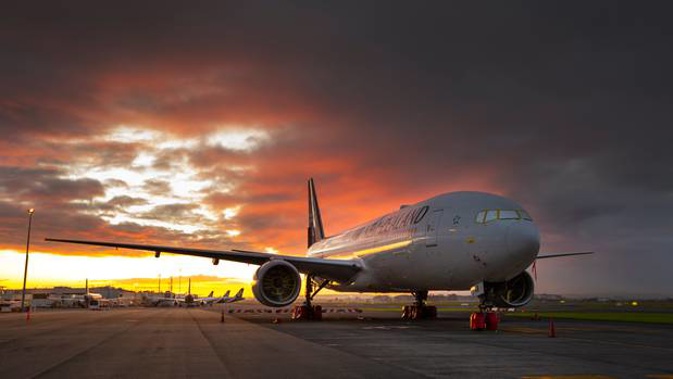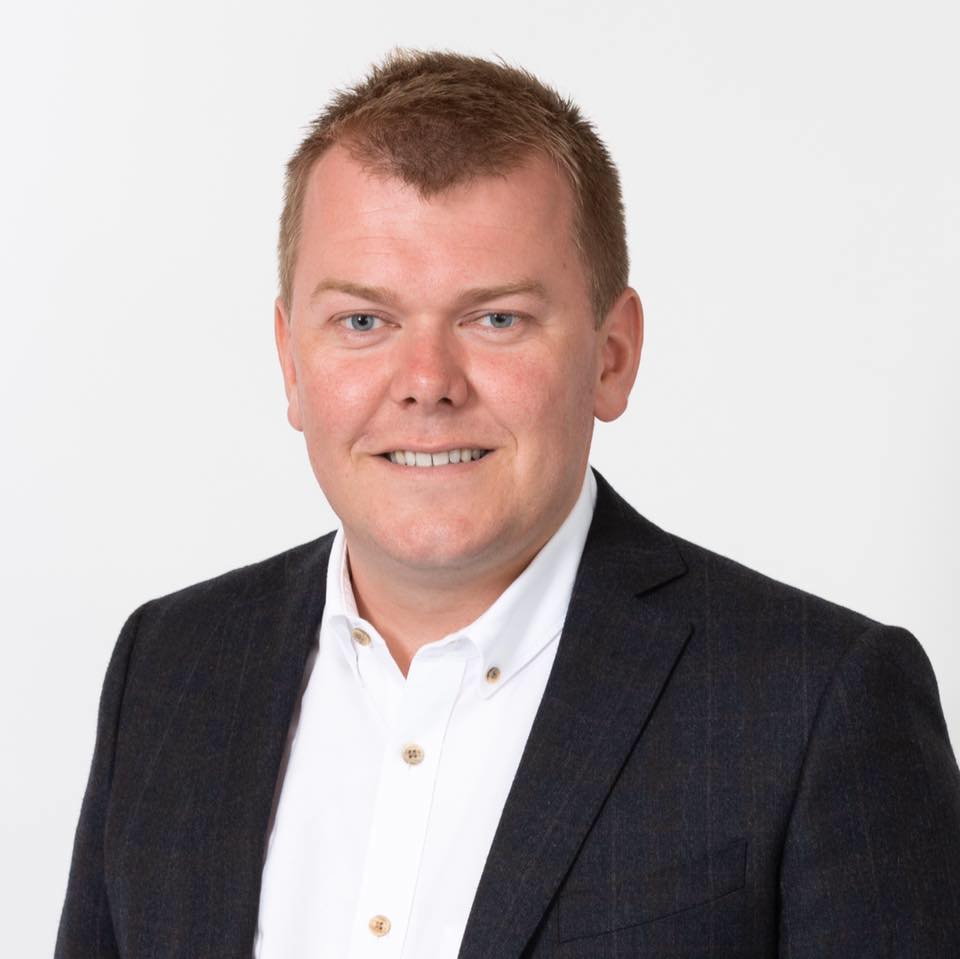
Taumata Arowai, the water services regulator, spent $47,577 to send four staff to Canada last year, to help develop an exemptions process for the regulatory requirement for residual disinfectant, typically chlorine, in drinking water.
A spokesperson for the fledgling regulator said the trip was part of “building our in-house technical capabilities and knowledge” for processing applications for exemptions.
The spending, however, touched a nerve in Christchurch, which was declined twice for an exemption from residual disinfection rules.
The water regulator has made four decisions on exemption requests since it was established in early 2021: all were declined.
When Christchurch council received word, earlier this year, that its exemption application would be declined, Mayor Phil Mauger said he and councillors were “outraged” and “bitterly disappointed”.
City Councillor Sam MacDonald told ZB Plus that the city has, so far, found Taumata Arowai’s exemption process to be essentially unworkable, with “onerous criteria” and “changing goal posts”.
He said he’s seen nothing to suggest that the Canada trip, of August 2022, led to anything but an unmeetable threshold for chlorination exemption; the regulator requires all public water supply networks to be treated with residual disinfectant, unless an exemption is given.

The main impetus for the creation of the stand-alone water regulator was the Havelock North waterborne disease outbreak in 2016 – during which there were four related deaths and thousands of people became sick. Chlorination was not used in Havelock North at the time of the outbreak. Prior to the incident, many councils operated drinking water systems without the addition of chlorine, Christchurch was the largest among them.
The regulator’s ruling against the broader of Christchurch’s exemption applications noted that key issues included: more than one treatment plant across the supply lacked both protozoal and bacterial barriers; and positive E. coli and total coliform results have been identified at some treatment plants, without completed corrective action.
MacDonald said Christchurch still hopes to pursue alternatives to chlorination, and he has noted a recent shift in attitudes at the regulator – possibly related to the new Government. In November, city officials met the regulator’s new head, Allan Pragnell, who was installed in early 2023.
MacDonald said he’s hopeful that Christchurch’s problems to date in understanding the regulator’s “goal posts” may prove to be the teething problems of working with a new organisation. In recent months the regulator and the city agreed to a joint monitoring project to establish what bacteria are present in the area’s aquifers, which MacDonald called “promising”.
He said he would reserve judgment on whether the cost of the trip to Canada was warranted, depending on the longer-term ability of the regulator to apply a pragmatic lens to decision-making, that prioritises health but that does not lose sight of value for money and finite funding.
Canadian water systems dispense with chlorination
A spokesperson for Taumata Arowai said Canada was selected for the educational trip (specifically British Columbia, the country’s west coast province) because water supplies there share characteristics similar to New Zealand water supplies – including aquifers in a geologically unstable environment – and some are operated without residual disinfection.
The bulk of the cost of the trip was $30,834 for air travel for four staff: the regulatory services manager, a regulatory team lead, a senior regulatory delivery advisor and a principal advisor drinking water.
All international flights were premium economy, which was in line with the Crown entity’s travel policy that flights of nine hours or more (including transit time for stopovers) may be premium economy. Direct flights from Auckland to Vancouver are roughly 13 hours.
Accommodation cost $13,047 across the seven-night stay. This included several nights’ accommodation for a Canadian-based water treatment specialist who participated in the trip and facilitated site visits; the specialists’ fees were not disclosed by the regulator as a travel-related cost.
Funding shortfall
The water services regulator, currently responsible for drinking water quality, is cash-strapped. In the past few years, central government has funded it to the tune of $19 million a year. However, Minister for Local Government Simeon Brown said he has advised that, from July 1, 2024, just $14.365m in funding is available to the regulator, including out years.
The last Labour Government envisioned that the regulator’s costs would largely be covered through levies on the four new water services (WSEs) entities it originally planned to create by mid-2024 through proposed water services reforms.
Labour, however, changed and delayed this plan, without addressing how it would deal with the regulator’s funding shortfall (officials flagged the problem in a Regulatory Impact Statement of last May).
Brown said he expects advice from officials in early 2024 on options to address the shortfall, and called it “another fiscal cliff left behind by the previous government".
The new Government has promised to repeal and replace Labour’s water services reforms in 2024.
Why chlorine is unpalatable to some
Chlorination for reticulated water supplies is like most public health measures: it applies the broad rule of numerical gain over tailoring for individual circumstance.
Globally, enormous health gains have been achieved through adding the relatively cheap disinfectant to drinking water, however, the costs include unwanted taste and smell, and disinfection byproducts, some of which are carcinogens – concentrations are typically very low and some, that are well-known, have regulated limits; but it is an area of still emerging science.
Christchurch is not alone in thinking it is different. Water supplies in the Netherlands, Germany, Denmark and Canada operate drinking water systems without residual disinfectant. And Christchurch, which relies largely on five aquifers for its water, has characteristics which may make it sufficiently different from other places to warrant different safety systems.
Data on what bacteria are present in the aquifers should prove helpful, though, the city may also need to improve facilities in its network.
Take your Radio, Podcasts and Music with you









